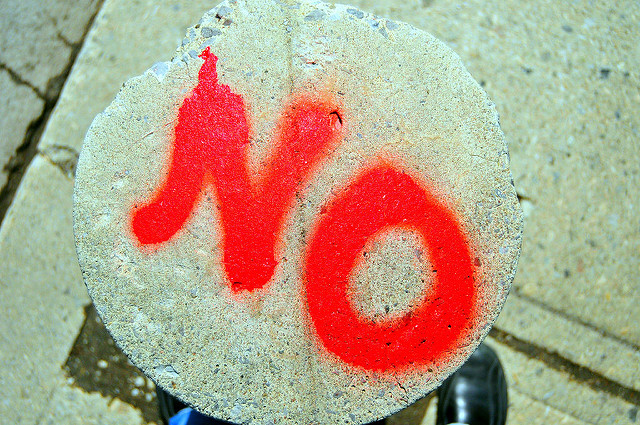
February 2, 2017; Star Tribune (Minneapolis, MN)
In Minneapolis, the board of Ka Joog, a nonprofit working with Somali young people, made the decision to reject a federal grant of a half-million dollars awarded under the Countering Violent Extremism (CVE) program. It was the largest grant offered under the program nationally, and certainly the largest grant the small nonprofit would ever have received; in fact, the nonprofit’s annual budget is only $385,000. But, given the tone set by the Trump Administration over the past week, where Somali and Muslim refugees and travelers were singled out, it says it cannot accept it in good conscience.
A statement from the group reads, “As Minnesotans, we are deeply troubled by our nation’s new administration and their policies which promote hate, fear, uncertainty, and even worse, an unofficial war on Muslim Americans and Immigration.”
The nonprofit’s executive director, Mohamed Farah, said, “We could have done so many great things with the money, but for us it was about principle.” He added that Trump is “promoting ideology based on division. We want to do everything we can to distance ourselves from him.”
The nonprofit’s announcement came after the grants were publicly announced and following a Reuters report that under Trump, CVE will be renamed to “Countering Islamic Extremism” or “Countering Radical Islamic Extremism,” and counter-extremism efforts would focus solely on radical Islamic groups and would not include racially motivated violence or far-right domestic extremist groups, “who have also carried out bombings and shootings in the United States.”
Of course, some members of the Somali community have never been particularly enamored of participation in this and similar national programs. Rep. Ilhan Omar (DFL-Minneapolis), the nation’s first state legislator of Somali descent, says he does not like the frame it places on the community’s youth.
Sign up for our free newsletters
Subscribe to NPQ's newsletters to have our top stories delivered directly to your inbox.
By signing up, you agree to our privacy policy and terms of use, and to receive messages from NPQ and our partners.
“I find that disheartening, I find it disappointing, and I find it a little disgusting that people would exploit their community and resources to gain off of it, knowing it is not going to be beneficial,” Omar said in an interview. “It’s further going to marginalize these young people, Somalis, and Muslims. Right now what we need is for young people to see themselves as part of the system and to feel hope.”
Some in the Muslim community are also rethinking their support of such programs. The nonprofit Washington-based Muslim Public Affairs Council has been encouraging the Muslim community to give CVE a chance, but:
“If there’s a policy change that basically in effect tells us we have to fight our own religion, then this is a fundamental violation of our constitutional rights and we will consider all possible actions for redress,” said Salam Al-Marayati, president of the Muslim Public Affairs Councils. A “policy change that stigmatizes the Muslim community and treats them as a suspect community [means] we have to rethink everything in terms of our whole approach toward policy engagement toward this administration.”
“To implement the program takes a lot more and has to have the right environment to help it succeed. Now with this toxic vitriol coming out of the White House…this administration may undermine everything we’ve been working on for the last 10 years.”
Similarly, Leaders Advancing and Helping Communities in Dearborn, Michigan announced that it would reject a $500,000 grant for youth development and public health programs because of the “current political climate.”
We will track other such rejections by nonprofits over the next few weeks, so please let us know if you see a similar action in your community.—Ruth McCambridge












